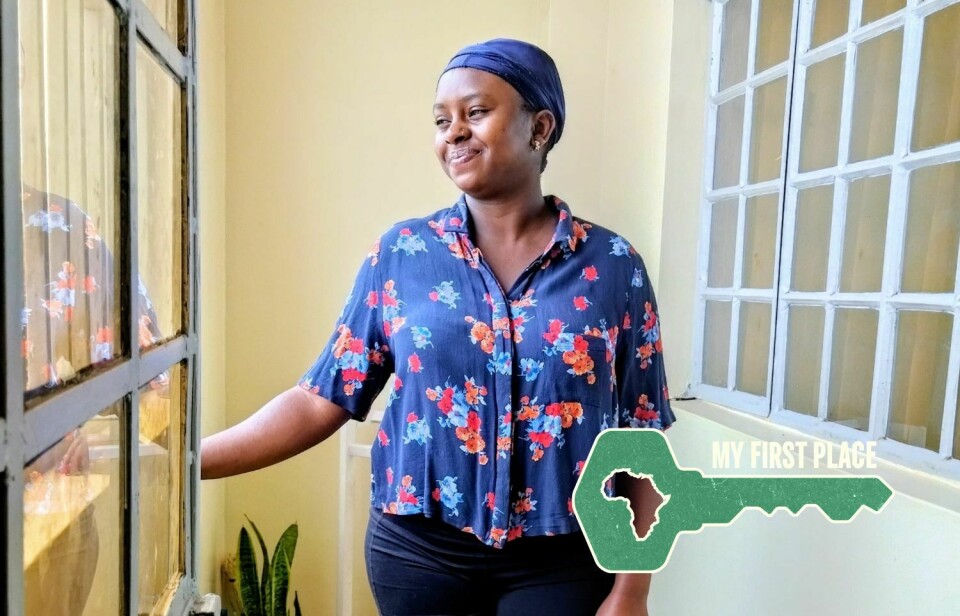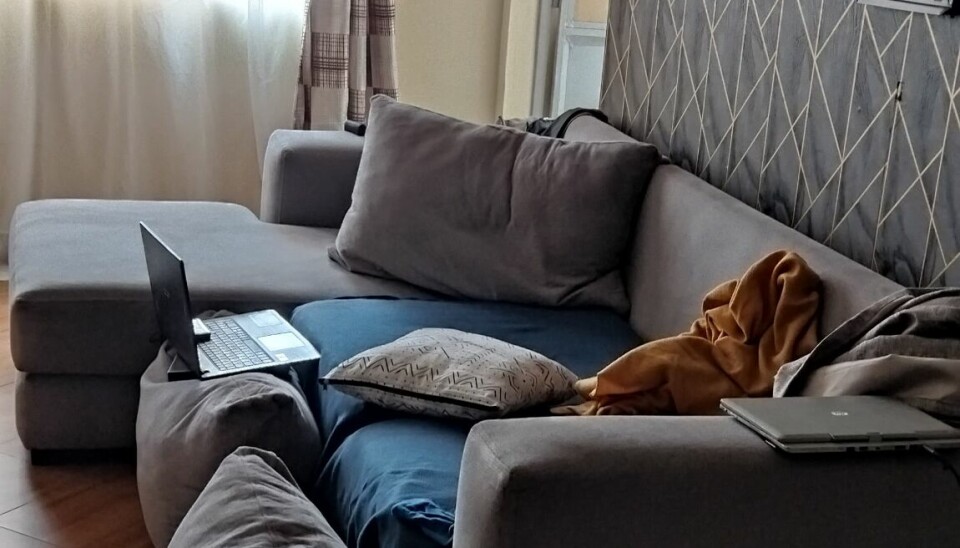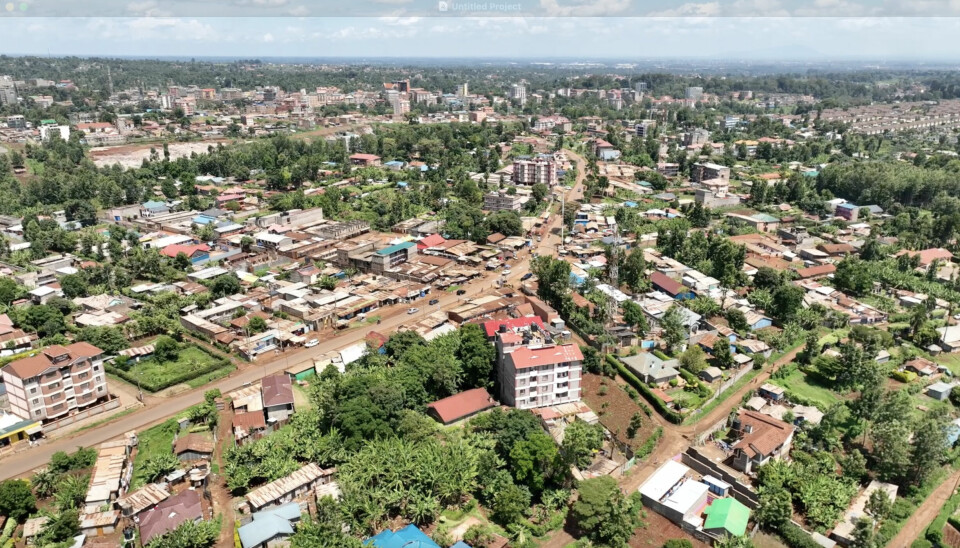News
How This Kenyan Chef Battled Nairobi’s Rising Living Costs to Find Her First Place
Twenty-six-year-old Geena Gichui’s journey to housing independence reveals how many Gen Z Nairobians navigate rising living costs when moving out.

My First Place is a series that follows young Africans across the continent as they navigate the milestone of securing and setting up their first independent living space. It is an offshoot of our ongoing housing series, This Place Called Home.
For many Gen Zs in Nairobi, the dream of independence often runs up against the reality of cost. At 26, private chef and food stylist Geena Gichui set out to find her first apartment. She knew from the start she did not want to squeeze into a cramped space in the city.
Instead, she found her first place in Kiambu, a town about an hour outside Nairobi. Here, the rent was manageable, the air was cleaner, and the space gave her room to grow…even if it meant adjusting to life away from the city.
Kenya’s capital city, with its 5 million residents, is one of Africa’s most dynamic cities. But it is also one of its most expensive. Nearly a third of Kenya’s 50 million people now live in urban areas. And in Nairobi alone, 60 percent live in informal settlements that cover just 5 percent of the land.
For young renters, the city's average monthly salaries of KSh 76,000-82,000 ($590–$640) often barely cover the basics, leaving little room for rent in decent neighborhoods. This squeeze is forcing many Gen Z Nairobians to make trade-offs: live in cramped apartments close to the city, or move further out in search of space and affordability.
Gichui chose the latter. In Kiambu, she found what she had been searching for: greenery, fresh air, and — a big plus for a chef — markets selling affordable produce from nearby farms. “I really wanted to be out of the city because of the noise, the buildings, the space,” she tells OkayAfrica. “What was in my price range within the city was really tiny apartments with too many people in one building or too many buildings around each other, where the sunlight doesn't pass through. That's what I was avoiding."

She had been considering moving out for some time, but a family dispute gave her the push to act. Once she made the decision, she set her budget firmly at KSh 25,000 ($194), determined not to overstretch herself.
She considered reaching out to real estate agents, but quickly realized their fees would eat into her savings. Many charge around KSh 5,000 ($39) per day to show properties. However, if you do not find a place right away, the costs pile up. For many young Nairobians trying to move out on limited budgets, those fees are simply unsustainable. Instead, they are more likely to rely on social media and personal networks to find their first homes.
Gichui used TikTok to get a sense of what different neighborhoods offered. But in the end, it was a friend who lived in Kiambu who helped her most. Together, they spent a day walking around and searching for available units until a guard pointed them to her current apartment.
The rent was KSh 16,000 ($124), and she signed without hesitation. She managed to save the required KSh 32,000 ($248) for the first month’s rent and deposit by gradually accumulating the funds before the move.

Moving out also meant trading spontaneity for more intentional spending. "I can't spend money as I did before on a whim. Like if I see a nice dress or nice shoes, or if I just want to go out, I can't really do that,” she says. “So what I do these days is take in more work to be able to sustain myself."
She avoided debt by furnishing her apartment slowly, knowing curtains and sofas would be too expensive all at once. Her mother, boyfriend, and friends pitched in with household items, and they also helped her move.
Even then, there were compromises. She lives on the first floor; the building lacked parking, and the road outside was unlit and dusty. What mattered most was that the apartment had two balconies and was filled with light. It is also family-friendly, which contributes to the area being quiet. “There’s no drama,” she says. “That’s what made me say yes to this house.”
Gichui isn’t alone in navigating these trade-offs. Her three closest friends are also figuring out their housing paths. Some are already living alone, others are still at home for practical reasons. Within her wider generation, she says the high cost of living and limited job opportunities keep many stuck.
Her story mirrors the reality for thousands of young Kenyans: moving out may be aspirational, but sustaining independence takes discipline, sacrifice, and often, compromise.
For example, choosing to live outside the city has meant she lives further from family and friends. “My friends … all of them live in Nairobi, and I had to move out of town. So for them, the distance made them a bit sad.”
Loneliness crept in, too. “Sometimes I get lonely because. I was always around family, even if I was not a very talkative person at home. Sometimes I just miss them.”
She’s adjusted by building routines in her new community by chatting with market vendors, greeting boda boda riders, and finding a local salon. She still visits her mother and sisters often.
But there are joys too. “The most liberating part of living alone is the ability to cook whenever I want, whether it’s in the wee hours of the morning or late at night.” And her new home has sparked new passions: “I’ve realized my love for plants... as of now, I have 20 in the house, and I still want more.”
From her perspective, house hunting doesn’t have to be as daunting as many make it out to be. “It’s not hard once you know the budget you’re working with,” she says. “And also the other factors, like where do you work, what type of neighborhood you want to live in … There’s something for everyone if you know where to look.”

